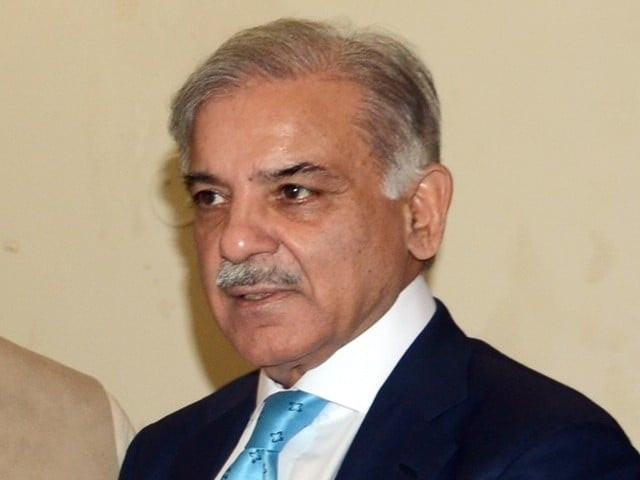One Belt, One Road: Shehbaz to represent Punjab at OBOR summit in China
The initiative focuses on enhancing bilateral trade and development among the signatories.

Punjab Chief Minister Shahbaz Sharif. PHOTO:EXPRESS
Shehbaz flew to China on the special invitation from Chinese President Xi Jinping to attend One Belt, One Road Summit 2017. The OBOR project expected to strengthen economic ties between two countries that could actually impact global trade. OBOR is focused on interlinked trade and infrastructure projects that will help lift millions out of poverty. With an aim to bring business and boost the economy, the chief minister will be meeting with Chinese political and business leaderships to discuss projects of mutual interest in addition to bring low-cost housing schemes and other public welfare projects.
Shehbaz has been working for the projects related to infrastructure, transport and energy and others sectors. He is also spearheading several projects under China-Pakistan Economic Corridor (CPEC).
On several occasions, Chinese leadership has lauded the Punjab CM’s contributions for CPEC and bilateral ties with China. China recognises ‘Punjab Speed’ as symbol of development and progress in the province as compared to ‘Shenzhen Speed’.
China invites India to join OBOR initiative
OBOR shall be shoring up economy for participating countries and boosting cultural, trading and tourism opportunities for countries located around Silk routes. Pakistan’s participation holds a key role in the OBOR project. Prime Minister Nawaz Sharif is leading the delegation from Pakistan along with chief ministers of all the provinces.
The joint initiative of the “Silk Road Economic Belt” and the “21st-Century Maritime Silk Road”, also known as the “Belt and Road Initiative”, or OBOR, was put forward by Chinese President Xi Jinping in 2013 during his state visits to Kazakhstan and Indonesia. It has since become the flagship public good China offers, having rallied support from more than 100 countries and international organizations.
Several bilateral agreements have been signed in connection with this initiative. Early harvests abound in the brief three years since OBOR saw the light of the world. The list of agreements is getting longer and includes the Asian Infrastructure Investment Bank (AIIB), launched on January 16, 2016, the Silk Road Fund and several other bilateral cooperation funds, a number of connectivity and production capacity cooperation projects, including the high-speed railway from Jakarta to Bandung, and railway lines connecting China, Laos and Thailand, linking Hungary and Serbia, and the Egypt Suez Canal Economic Zone.
China has signed agreements with more than 20 countries on production capacity cooperation. Trade and investment are growing robust. China’s imports from countries along the Belt and Road corridor reached more than $100 billion in the first quarter of 2017, a year-on-year increase of 42.9%.
Published in The Express Tribune, May 13th, 2017.


















COMMENTS
Comments are moderated and generally will be posted if they are on-topic and not abusive.
For more information, please see our Comments FAQ